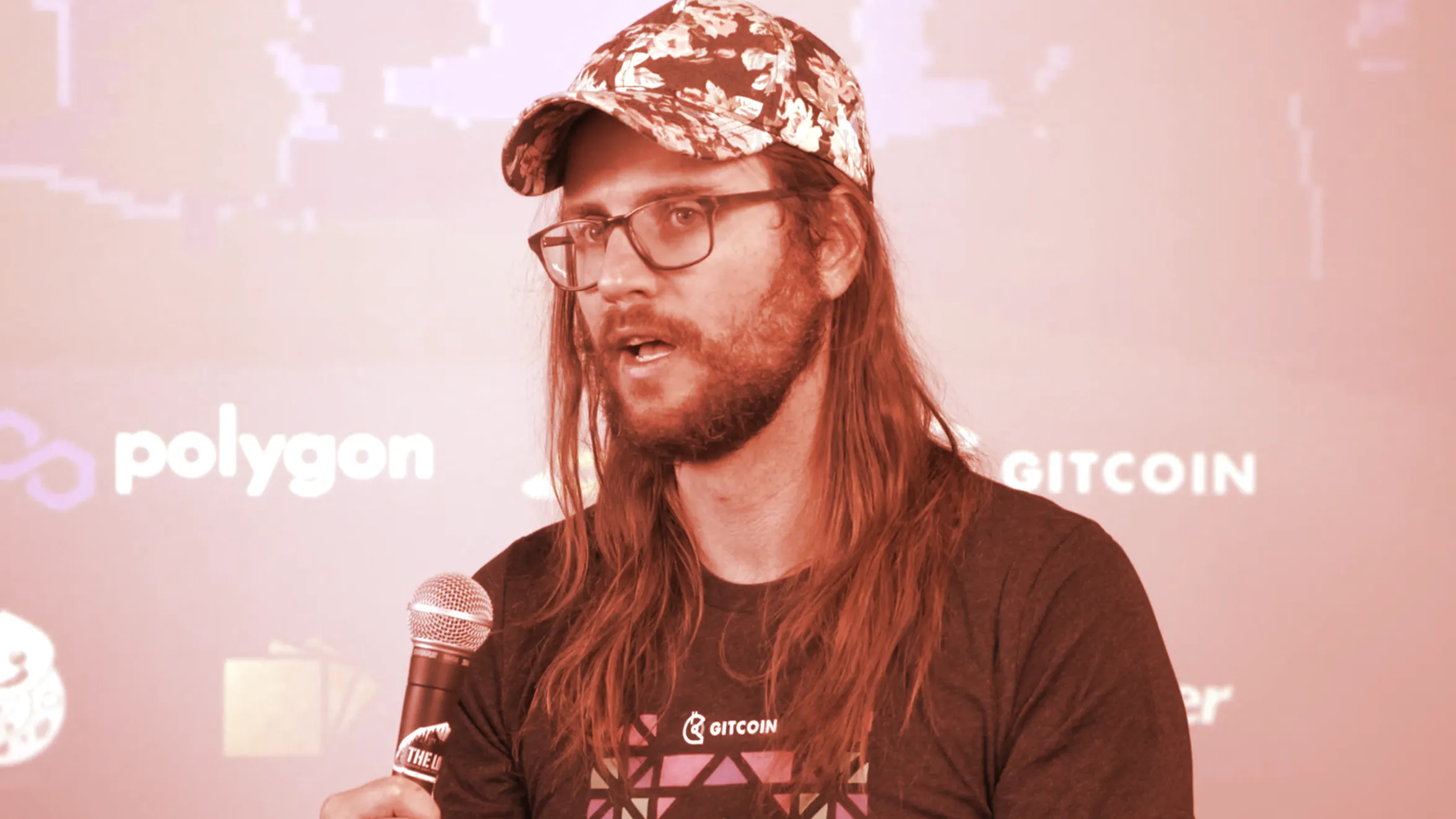Kevin Owocki is something of a celebrity at ETHDenver, the Web3 hackathon and conference taking place this week in Colorado’s capital. Now the Gitcoin co-founder and erstwhile CEO is using the event to go public with his latest venture: Supermodular.
Supermodular aims to be a venture studio for regenerative Web3 projects. Whereas millions of people lassoed onto decentralized finance during crypto’s bull market, Supermodular wants to focus instead on regenerative finance projects. Popularized by Owocki and Gitcoin co-founder Scott Moore, ReFi is about leveraging DeFi’s upside while upending its more exploitative properties.
At this point, ReFi is more a vibe than a hard-and-fast category. It pulls in environmentally conscious Ethereans as well as those who don’t view Oliver Stone’s Wall Street as a codex for crypto. In his 2015 essay “Regenerative Capitalism,” impact investor John Fullerton writes that a regenerative economy “acts in ways that support the long-term health of the whole society.” Thus, it “sees economic and financial health as inseparable from human, societal, and environmental health.”
Owocki describes Supermodular as an “incubator” designed to simultaneously help developers advance Web3 technology while “protecting critical resources and global public goods.”
If that sounds a bit like Gitcoin, you’re not far off. When Gitcoin transitioned from a ConsenSys-funded startup to a DAO governed by token holders, it left behind an actual business, Gitcoin Holdings. That is now being renamed Supermodular. (Disclosure: ConsenSys Mesh is one of 22 investors in Decrypt.)
Supermodular and Gitcoin maintain a friendly but “arms-length” relationship. Owocki himself fully stepped away from Gitcoin in 2022, and delegated his sizable governance token holdings to stewards to support its decentralization efforts.
While Gitcoin has become known for its grants program, which has fundraised and distributed $70 million in half a decade, its ultimate mission was to incubate public goods projects. Public goods are things that don’t generate financial profit but that societies recognize as beneficial. Think public parks and libraries. The problem is that someone has to pay for them so that everyone can benefit. In Web3, public goods are just as essential. Ethereum itself is a public good, as are the (usually) free testnets that developers use to simulate their ideas.
While Gitcoin will continue focusing on grants, Supermodular will pursue a different track. One project he’s psyched about is Hypercerts, a funding model designed to generate recurring income for public goods projects—away from grants. Says Owocki: “We’re hoping to scale a model of public funding and design a constant stream of revenue by rewarding projects on the positive impact they have created.”
The company is also incubating Owocki’s own buidlbox, which is an app for spinning up hackathons.
Editor's note: A previous version of this article stated that Supermodular incubated Grant Stacks. It did not; it was created by Gitcoin DAO.

